About Publications Library Archives
heritagepost.org

Preserving Revolutionary & Civil War History

Preserving Revolutionary & Civil War History
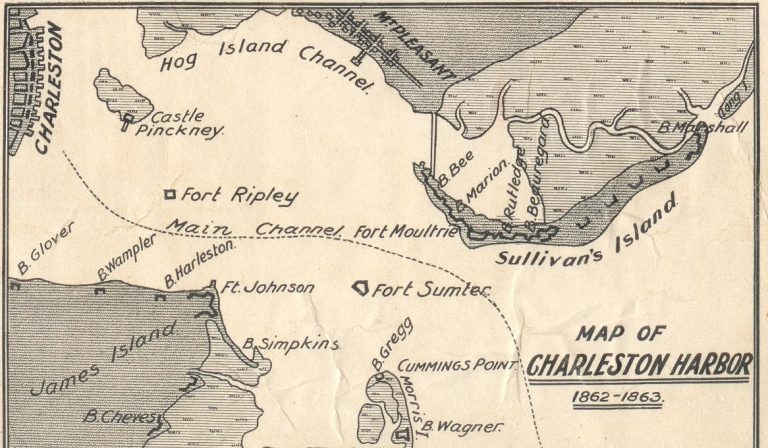
[Letter of the commissioners to the President] Washington, 28th December, 1860. Sir: We have the honor to transmit to you a copy of the full powers from the Convention of the People of the South Carolina, under which we are “authorized and empowered to treat with the Government of the United States for the delivery…

State of South Carolina Executive Office, State Department Charleston, 12 January 1861 Sir, The Governor has considered it proper in view of the grave questions which now affect the State of South Carolina and the United States, to make a demand upon the President of the United States for the delivery to the State…
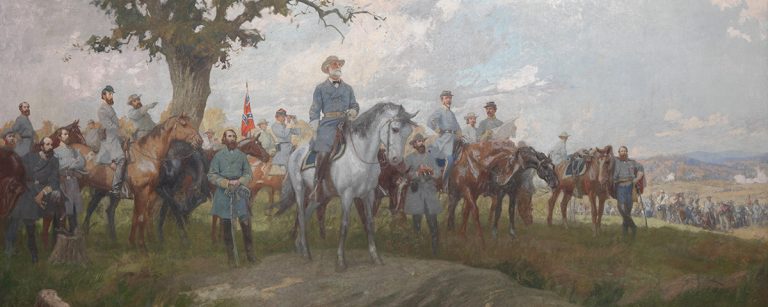
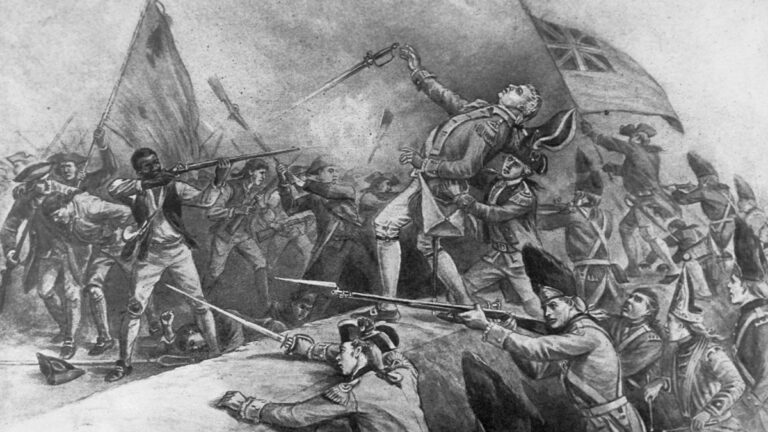
Author: Peter Kiteridge Date:1806 Annotation: African American soldiers served with valor at the battles of Lexington and Bunker Hill. In November 1775, however, Congress decided to exclude blacks from future enlistment out of a sensitivity to the opinion of southern slaveholders. But Lord Dunmore’s promise of freedom to slaves who enlisted in the British…
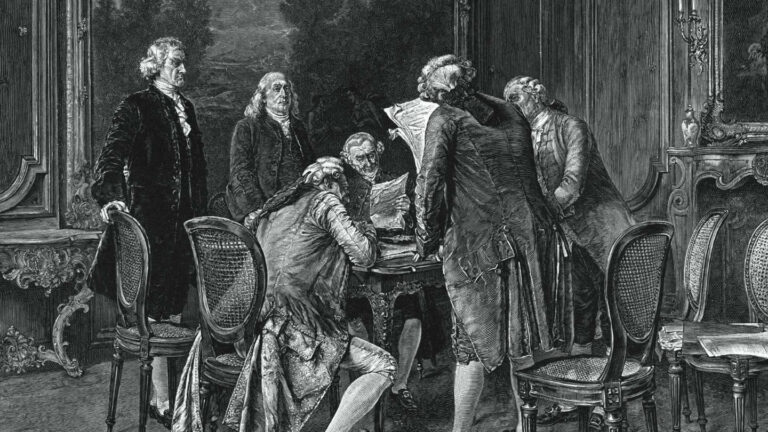
Annotation: On September 3, 1783–Two years after the Revolutionary War–The United States of America was officially considered a free nation by Great Britain. Delegates from America and Great Britain met in Paris to make it official. In addition to declaring the United States a free state, boundaries were set, and important rights to fish the Grand…

Author: Edmund Pendleton Date:1782 Annotation: Although Americans often treat their history in isolation from other countries’, in fact foreign events have played a shaping role in the American past. After Cornwallis surrendered at Yorktown, Sir Henry Clinton still had 16,000 British troops in New York. But British leaders were fearful that they might lose…
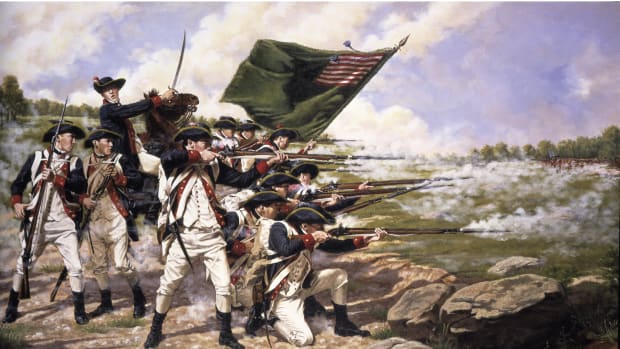
Author: Edmund Pendleton Date:1781 Annotation: Convinced that he could not suppress the rebellion in the Carolinas, Lord Cornwallis retreated to Virginia in 1781. Sir Henry Clinton, fearful of an American attack on his base in New York City, ordered Cornwallis to send part of his army to New York and to take up defensive…

Author: George Mason Date:1781 Annotation: In October 1780, Major General Nathanael Greene (1742-1786) replaced Horatio Gates as commander of the American army in the South. Greene proceeded to divide his troops into three smaller forces, one of which worked alongside the rebel guerrilla bands. Greene’s plan was to avoid fixed battles, seize outposts and…
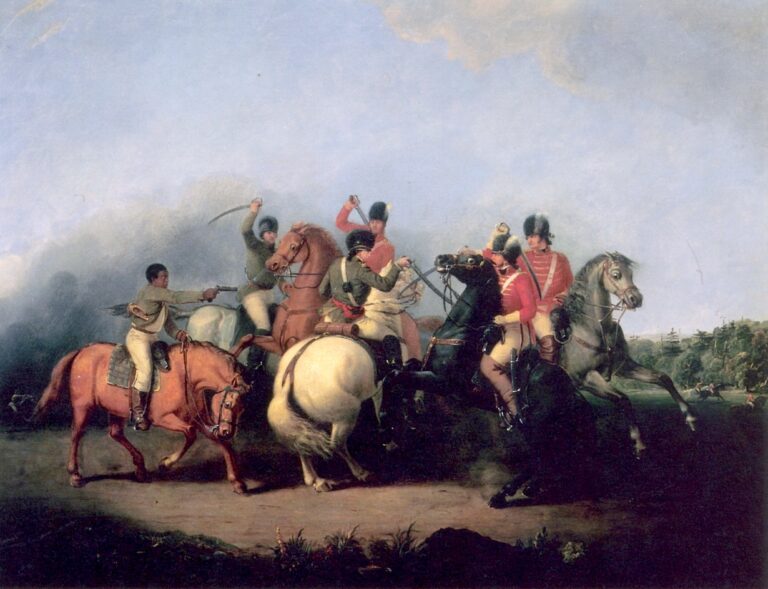
Author: Charles Cornwallis Date:1781 Annotation: British policy in the South was based on several miscalculations. Britain had decided to concentrate its military efforts in the South because it believed it could count on significant support from Southern loyalists. The British military, however, failed to provide loyalists with effective protection. In South Carolina, for example,…

Author: Thomas Jefferson Date:1780 Annotation: Few Americans realize that much of the Revolution’s bitterest fighting took place in the South. To replace the army that had been captured at Charleston, Horatio Gates (1728-1806), the hero of Saratoga assembled raw recruits in Virginia and North Carolina. He then rushed into South Carolina to halt the…